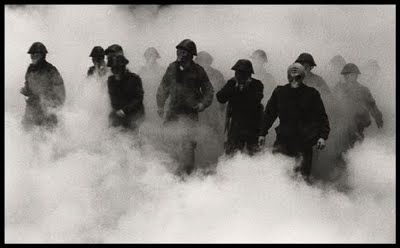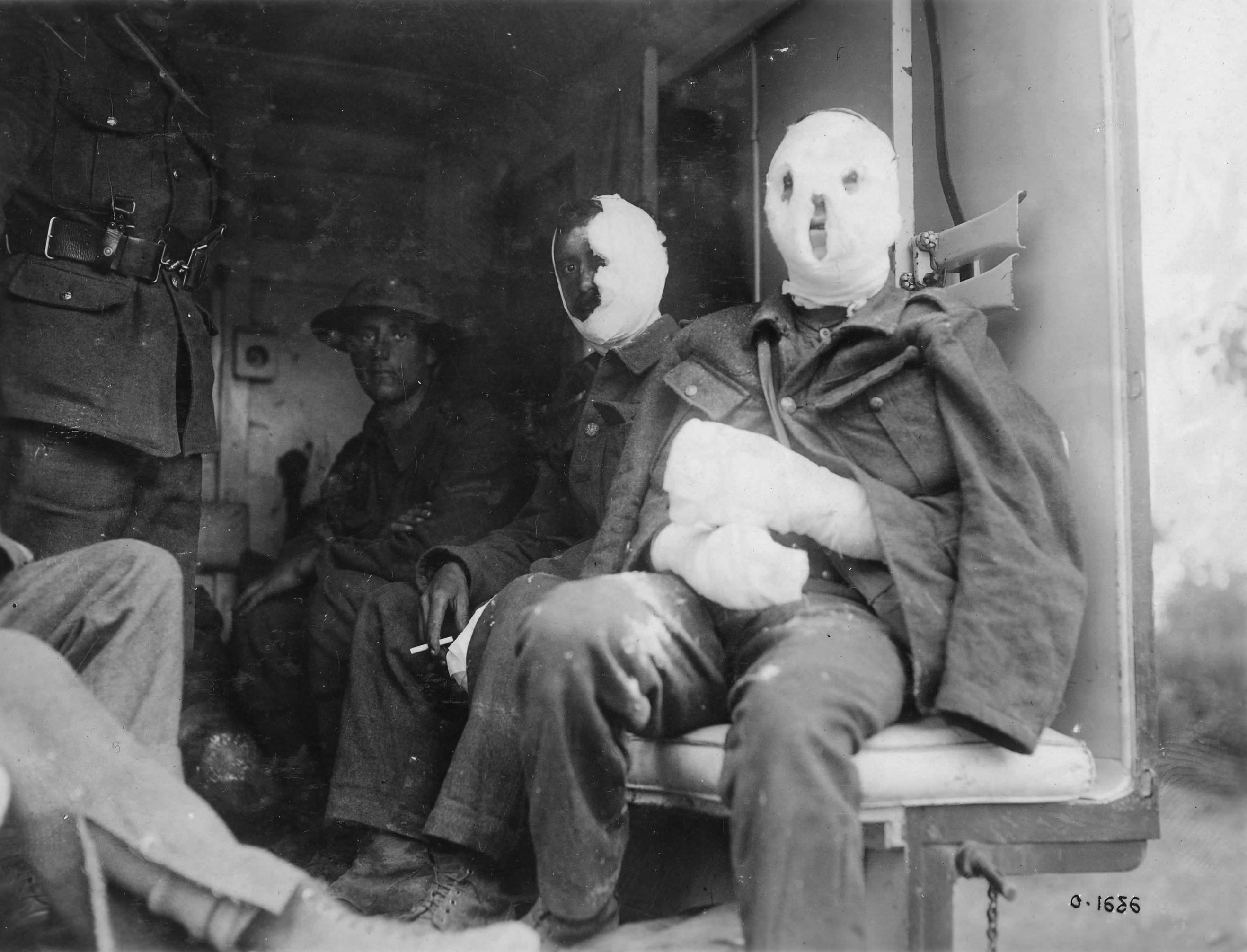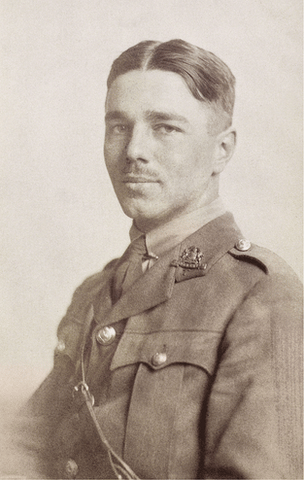Germans Fire A Million Gas Shells.
Mustard the Poison Gas of Choice.
As Near to Hell on This Earth.
Special to The Great War Project.
(23 July) From mid-July a century ago, the German use of powerful mustard gas is becoming a major component of the German war machine..
“German mustard gas attacks,” writes historian Martin Gilbert, “have been continuous on the Western Front.”
“The British medical services worked at full strength to try to cope, but the mortality rate was high.”

Gases are colored, yellow for mustard gas, green for phosgene and chlorine.
One British officer in charge of a mobile laboratory “noted of one typical case: exposed to mustard gas on the morning of 28th July, 1917. Admitted to casualty clearing station on the evening of 29th July, suffering from severe conjunctivitis and superficial burns of face, neck, and scrotum. Respiratory symptoms gradually developed and…
…death occurred about one hundred hours after exposure to gas.’

Mustard gas victims.
Reports Gilbert, “in the six weeks following July 12, just over 19,000 British soldiers were incapacitated by mustard gas, many of them being blinded, and 649 dying within a week or ten days after the attack.”
These are the first use of the mustard gas seen by the British. “More than 50,000 shells were fired, and more than 2000 Allied soldiers affected by the gas….
“In the next three weeks the Germans fired a million gas shells,
…killing five hundred more soldiers, and incapacitating several thousand, but they were unable to break through the British lines.”
The British respond in kind, firing 100,000 gas shells containing chloropicrin, resulting in numerous German casualties.
The experience of gas attacks like these lead to some of the most extraordinary writing of the war, written by Wilfred Owen.
There’s this:

Wilfred Owen
Bent double, like old beggars under sacks,
Knock-kneed, coughing like hags, we cursed through sludge,
Till on the haunting flares we turned our backs
And towards our distant rest began to trudge.
Men marched asleep. Many had lost their boots
But limped on, blood-shod, all went lame; all blind;
Drunk with fatigue; deaf even to the hoots
Of gas shells dropping softly behind.
Gas! GAS! Quick, boys! – An ecstasy of fumbling,
Fitting the clumsy helmets just in time,
But someone still was yelling out and stumbling
And flound’ring like a man in fire or lime…
Dim, through the misty panes and thick green light,
As under a green sea, I saw him drowning.
In all my dreams, before my helpless sight,
He plunges at me, guttering, choking, drowning.
These are words from Owens’ masterful poem: To die for the fatherland is a sweet thing and becoming.
Horrifying words:
If you could hear, at every jolt, the blood
Come gargling from the froth-corrupted lungs,
Obscene as cancer, bitter as the cud
Of vile, incurable sores on innocent tongues,
The old lie:
And then in Latin bitterly: to die for the fatherland is a sweet thing,,,,
As war historian John Keegan writes of another gas attack, “As gas seized their throats and the German infantry pounded towards them across no-man’s land, the scene must have been as near to hell on this earth can show.”
